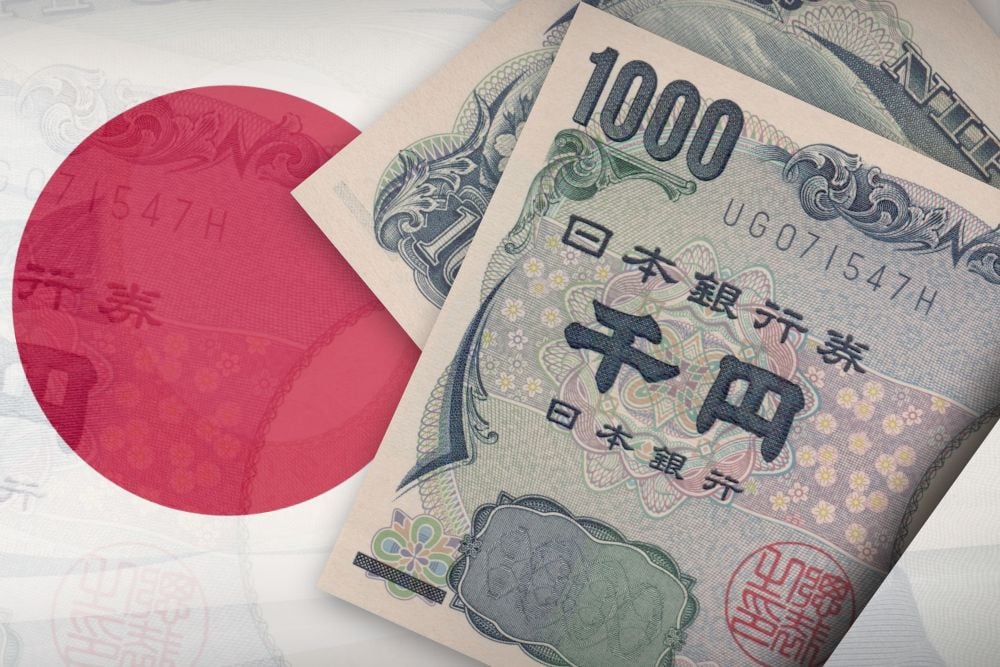CHINA has retaliated against Donald Trump’s decision to impose tariffs on steel and aluminium by signalling that it will hit US goods such as pork, apples and steel pipes with higher duties. China’s Ministry of Commerce described Trump’s action as an “odious precedent”. In the face of US tariffs, China’s heads of industry see China fighting back with further trade measures, and winning.
The Ministry of Commerce’s statement was in line with previous pronouncements, stating that although China wants to avoid a trade war, they are not intimidated: “While China does not want a trade war, we are not afraid of it. And we are confident and capable of facing any challenges. We urge the US to stop the trade war, think meticulously and do not impair the bilateral trade relationship,” says a statement from the Ministry of Commerce.
Yiqing Zhang, CIO at Ping’An Asset Management, is equally confident of China’s position in a trade war. “Globally, while there is uncertainty in China’s exporting companies, the political environment in China is stable. The ongoing government reform is proving beneficial to the economy, society, domestic consumption, and reduces the reliance on the external environment. China is determined to win a trade war, continue its structural reform, deal with over capacity, and to continue investing in new technology. In the long run, it is pretty clear who is going to win eventually,” says Zhang.
Moreover, Ping Lian, chief economist of state-owned Bank of Communications, says that it is incumbent upon China to retaliate. “In the face of the trade protectionism of Trump, it is necessary for China to fight back. In particular, given the US’ high reliance of agriculture, transportation and service sector exports to China, China is able to raise tariffs and implement an anti-dumping investigation,” says Lian.
A statement from Citic Securities sees China making further efforts to stabilize the renminbi, and similarly sees China taking further actions in a trade war: “To the bond market, a lower risk appetite is beneficial to the market but it is too early to predict a bullish market. Given the fundamental and credit spread factors, we predict that China will take more actions to retaliate in a trade war and stabilize the renminbi,” says a statement from Citic Securities.
While imposing retaliatory tariffs is seen as one measure, investment bank China International Capital Corporation Limited (CICC) cites a second strategy, which is to continue opening up to the rest of the international community in response to US protectionism, along the lines of the Belt Road initiative.
“China has two ways to deal with the trade protectionism. Firstly, it can retaliate by imposing higher tariff to some particular goods, which will increase the trading cost bilaterally, impede the growth of both countries, and push inflation higher in the US. The second is to actively open the market and increase importation volume. Opening up is beneficial in a sense that we can further cultivate country winners by leveraging good international resources,” says a CICC statement.









